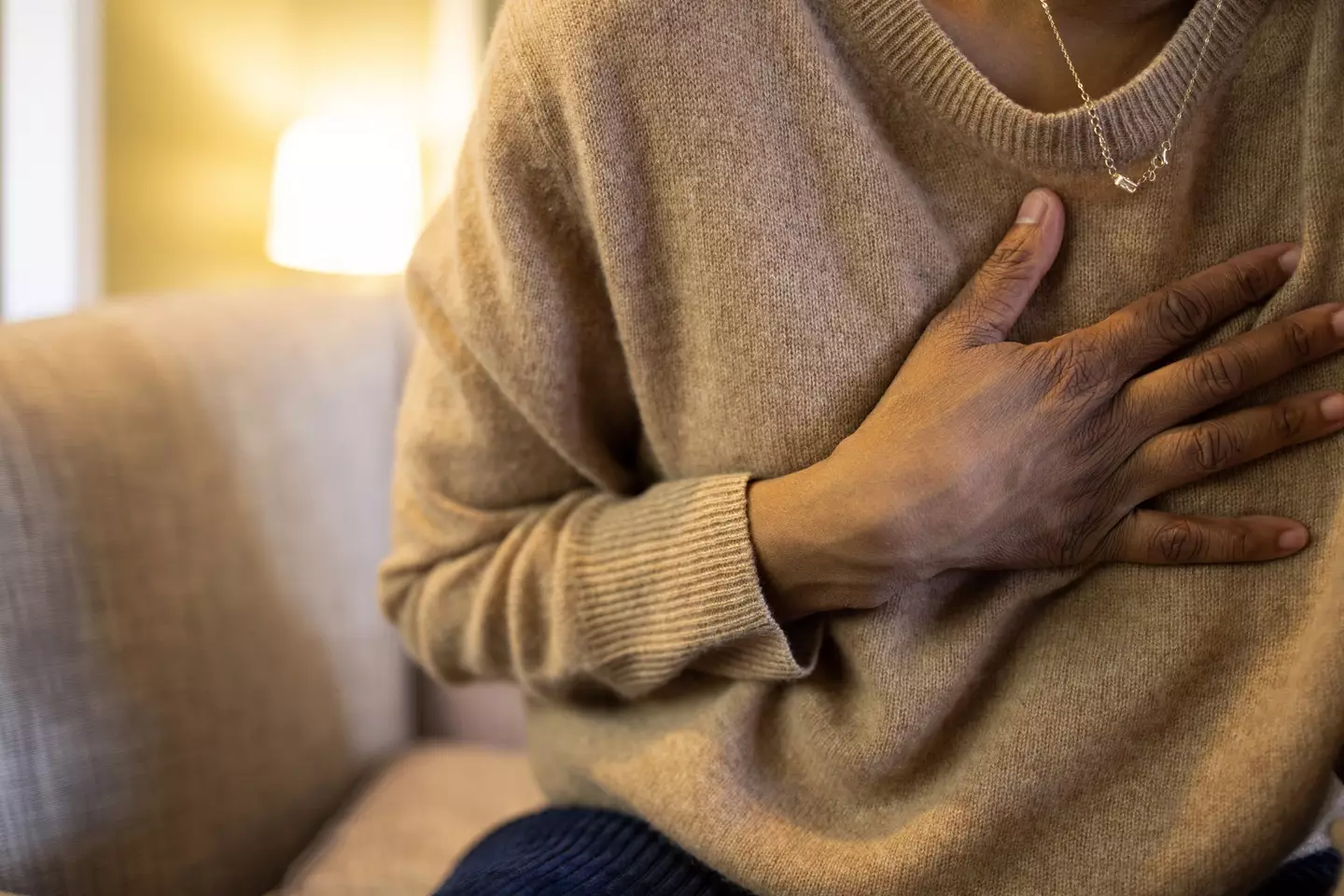
Experts have shared a warning over a ‘silent killer’ which can occur over the Christmas and New Year period.
We are just days away from Christmas, which means that the festive season is now in full swing.
Widely considered a time to eat, drink and be merry (what else are we supposed to do when the weather outside is frightful), a lot of us will be spending the festive season enjoying copious amounts of food and alcohol.
However, health experts are urging people to be wary of over-indulging, particularly when it comes to alcohol, as it can lead to life-threatening health complications.

We all enjoy indulging as a way to fight off the winter blues (Getty Stock Images)
One particular concerning condition is known as ‘holiday heart syndrome’ (referred to medically as atrial fibrillation) which occurs when a person has consumed too much alcohol.
What is holiday heart syndrome?
According to the NHS, atrial fibrillation (AFib) is a condition which causes an irregular and abnormally fast heart rate. The condition occurs when the upper chambers of a person’s heart aren’t beating correctly.
AFib often occurs in people who suffer from other heart conditions, such as congenital heart disease, pericarditis and high blood pressure, but can also be caused by binge drinking.
Baystate Health adds that excessive amounts of caffeine and fatty meals containing salt can also contribute.
“An unusually heavy meal such as one the holidays are known for, or at any time of the year, can put additional stress on the heart as your meal is digested, and overeating and over-drinking can increase your blood pressure and heart rate,” Dr. Amir Lotfi of the Heart & Vascular Program at Baystate Medical Centre explained.

However health experts are urging us to be mindful of conditions caused by overindulging (Getty Stock Images)
Holiday heart syndrome typically occurs around the festive period, holidays and long weekends as patients are hesitant to seek medical treatment. If left untreated, AFib can cause blood clots in your blood circulation.
People suffering from AFib tend to report shortness of breath, fatigue and chest pain.
Dr Lotfi is especially concerned by people who avoid seeking help during the festive season as they don’t want to ruin the holiday.
“All too often, people wait to decide to go to the emergency room because they don’t want to ruin the holiday for others, putting them at risk for greater consequences,” he warned.
Meanwhile, guidance from the NHS adds that anyone who is experiencing chest pain which comes and goes, a sudden change to their heartbeat or a heart rate is consistently lower than 60 or above 100 to seek advice from their GP.


